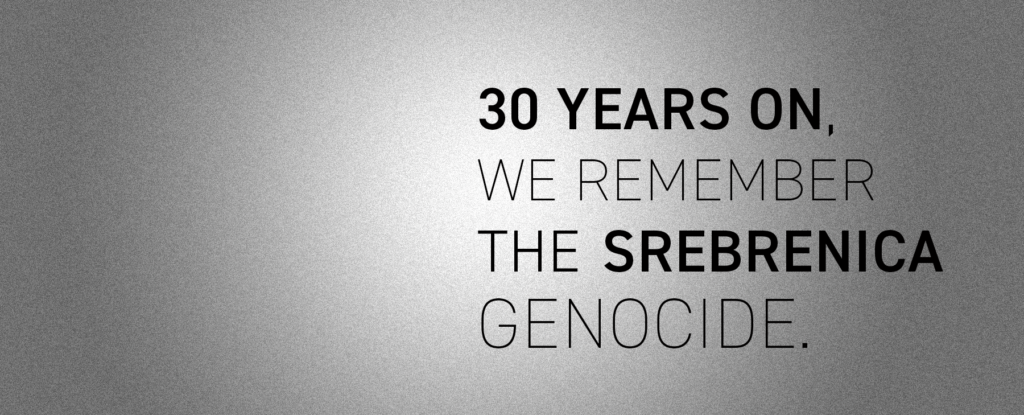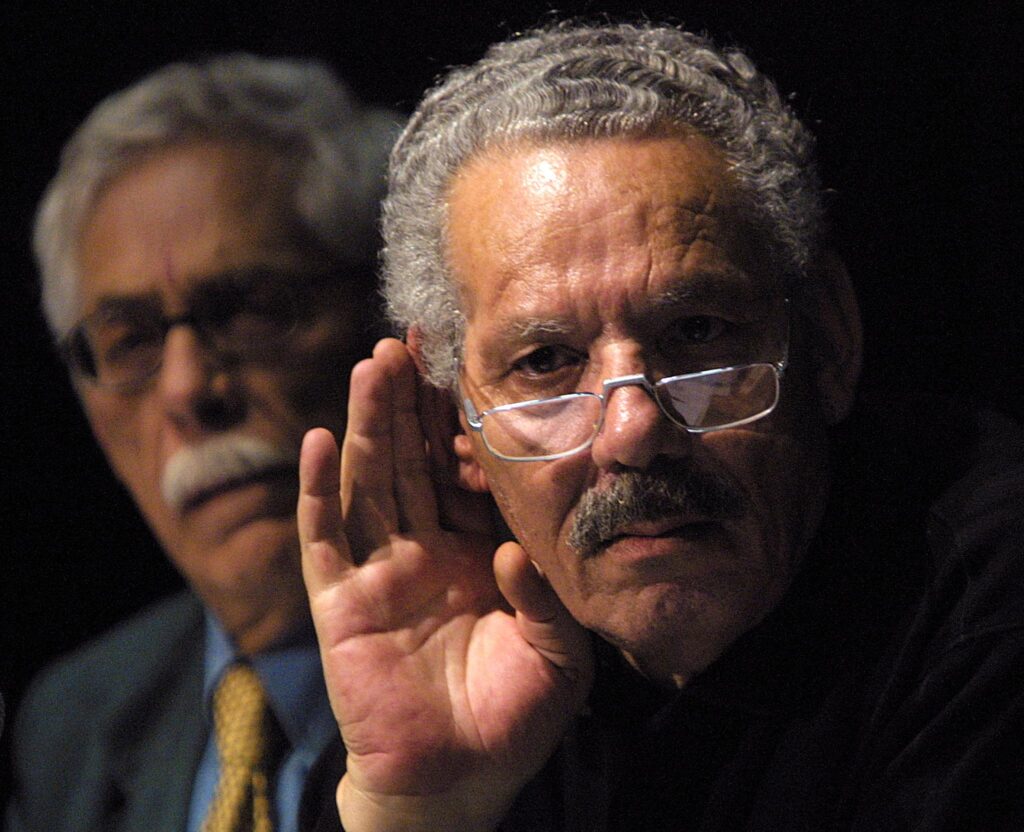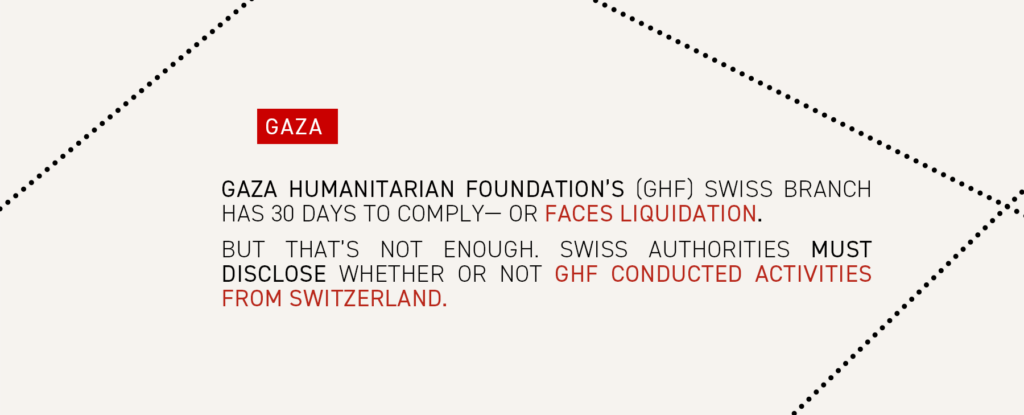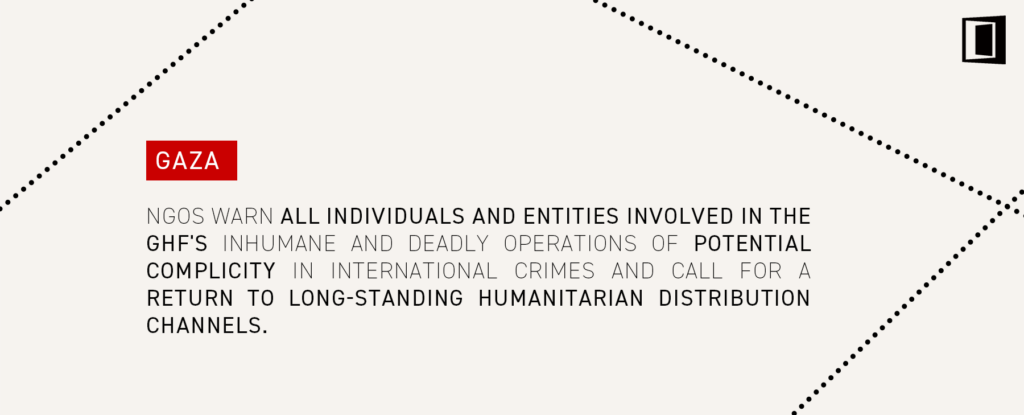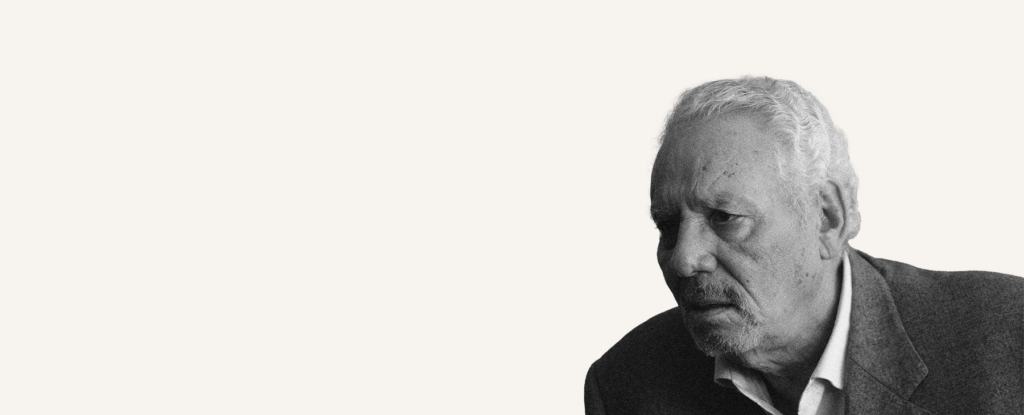DRC: A breach in impunity?
In DRC, victims of heinous crimes can now seek justice before civilian courts. These timid but encouraging steps could halt widespread impunity in the country.
In DRC, the fight against impunity for international crimes was initiated in 2002. Since then, their prosecution has fallen exclusively under the jurisdiction of military courts. Despite a few victories, many obstacles obstruct victims in their proceedings and significant shortcomings in the Military Code effectually perpetuate impunity for the most highly ranked officers.
For example, Congolese soldiers can only be tried by officers of an equal or higher rank. Given that generals are almost absent among military lawyers and judges, this principle gives way to impunity at the highest echelons of the armed forces.
Furthermore, military judges suffer direct meddling from the executive branch and the military chain of command. Cases can be prohibited or subjected to the approval of the military pecking order, which is basically tantamount to the dropping of charges.
There is a plethora of examples of impunity among the military: in the Kabungulu case, a zealous judge examining the accountability of politicians was transferred to other investigations without any justification. In another case, a Colonel accused of rape was protected by his hierarchical superiors under the guise that he was involved in crucial military operations.
DRC finally in conformity with international standards
Faced with this glaring injustice, international standards prescribe that human rights cases should fall under the jurisdiction of civil courts. DRC finally came into alignment with these standards in 2013, after protracted civil society campaigning. Civil and military courts now share the burden of judging war crimes, crimes against humanity and genocide cases.
In September 2016, the Appellate Court of Lubumbashi (Province of Katanga) used this new law for the first time. In this unprecedented case, it convicted four defendants for genocide.
Following this case, civil judges in South Kivu have also initiated their first investigation. “We were adamant that a civil court ought to handle the case”, explains Daniele Perissi, Head of Trial International’s program in the DRC. “The Appellate Court of Bukavu will certainly be better equipped than a military court to conduct this investigation and promptly organise a trial”.
In this case involving crimes against humanity, TRIAL International assists and represents free of charge* a dozen of clients seeking justice and redress.
* The activities of TRIAL International referenced herewith are part of a project implemented in collaboration with the European Union and the United Nations for Development Programme (UNDP) which seek to strengthen the capacity of Congolese civil courts in reining in international crimes.

